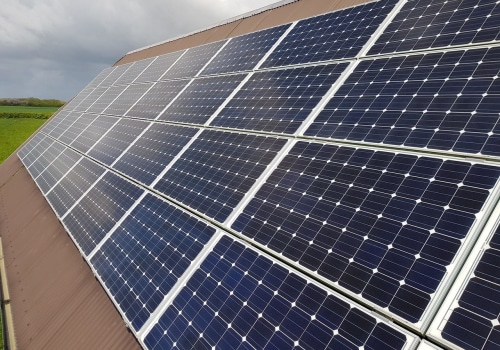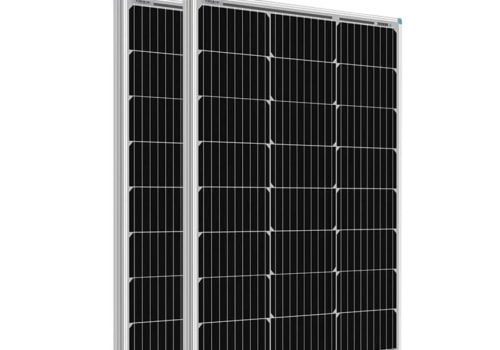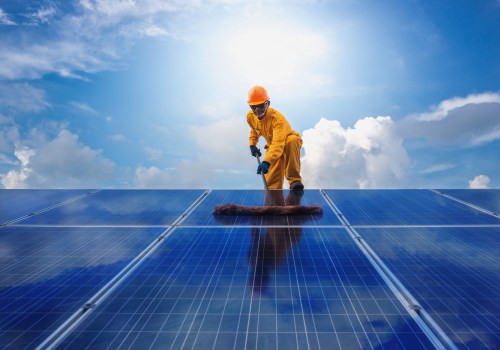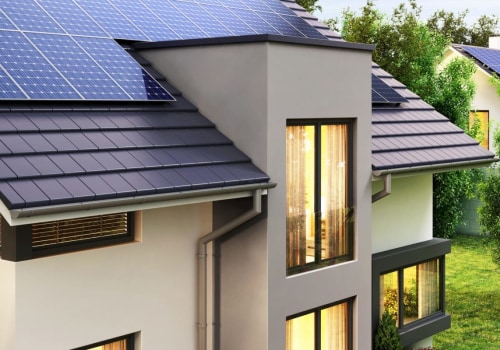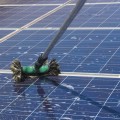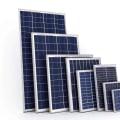How long do solar panels last?
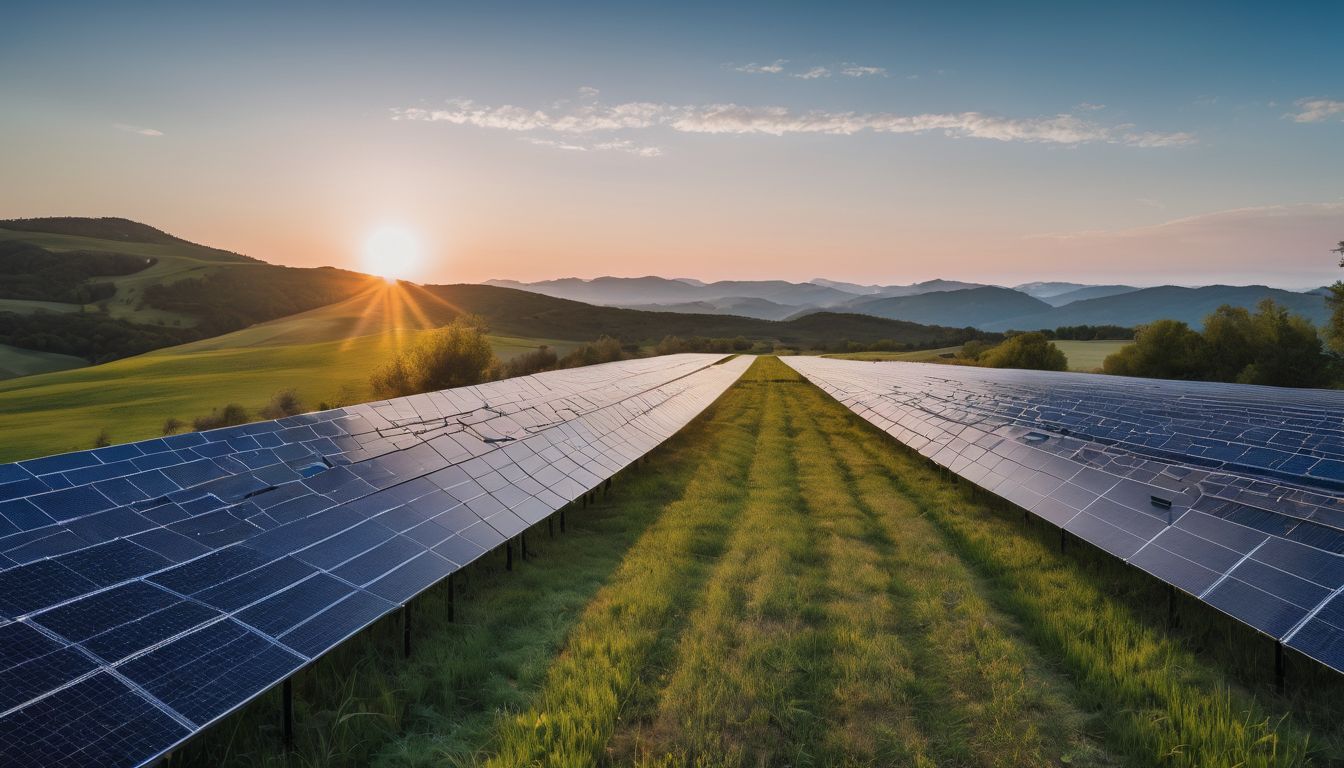
When you decide on solar panels, you might wonder just how long they'll keep shining. A reassuring fact: the average solar panel lifespan stretches between 25 to 30 years. This article will guide you through maximising their longevity and ensuring energy savings for years to come.
Keep reading; it's enlightening!
Key Takeaways
- Most solar panels will last between 25 and 30 years, but with good care and top-quality models, they can work well for up to 50 years.
- The lifespan of solar panels is affected by factors like their quality, the right installation process, and local weather conditions. Regular checks and cleaning are important for longevity.
- Partnering with a trusted solar provider who offers long-term warranties (25–30 years) and helps with proper system setup can increase the life of your solar panels.
- A 5 kW solar system is powerful enough to run a geyser, showing that even large household appliances can be supported by solar energy over many years.
- Solar panels should ideally be replaced after their efficiency significantly drops or when physical damage occurs; it's also worth considering an upgrade at the end of the warranty period or if technology has advanced.
Typical Lifespan of Solar Panels
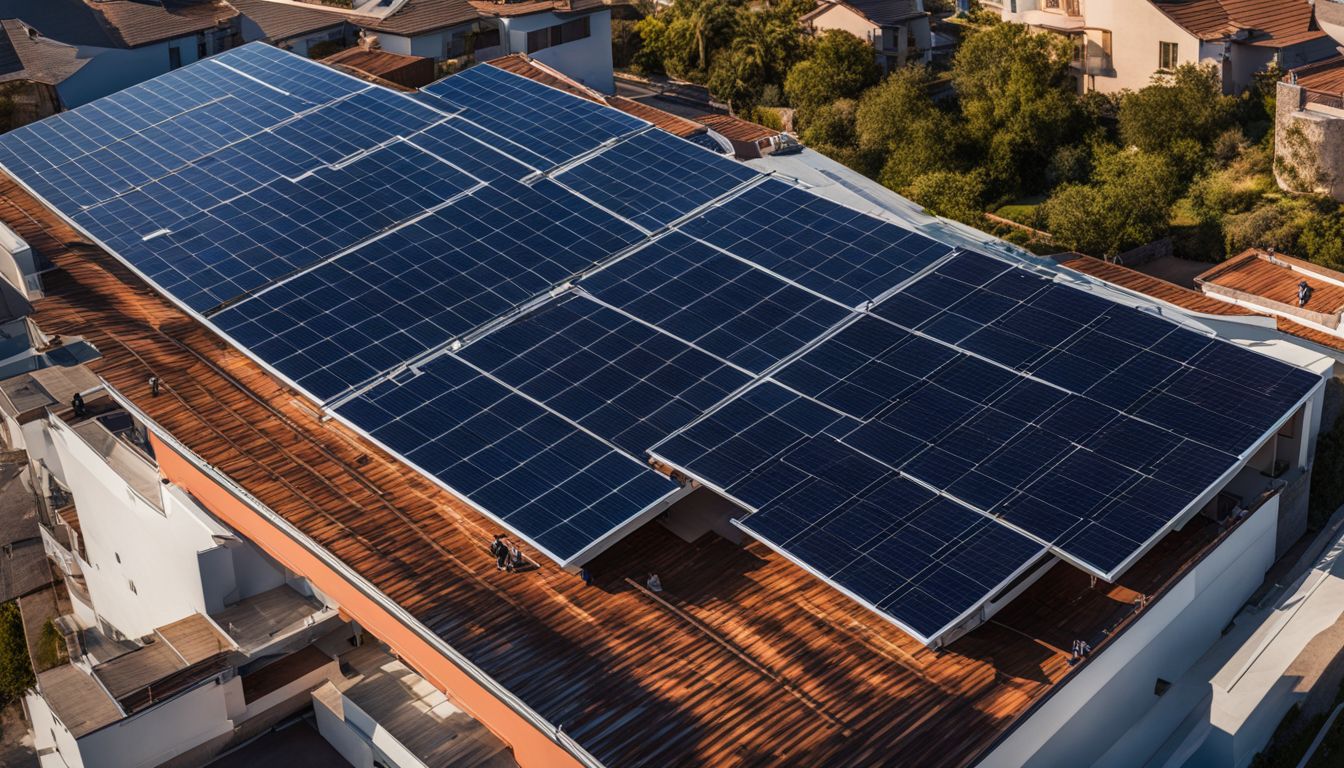
Solar panels are tough and can last a long time. Most of them will work well for about 25 to 30 years before they might need to be replaced. Some top-notch panels might even keep going strong for up to 50 years! Even after decades, they don't just stop working; their power output just gets a little lower slowly over time.
The newer models on the market today have been made to last even longer—some up to 40 or 50 years. This means that once you put solar panels on your roof, you won't have to worry about them for many years.
They'll keep turning sunlight into electricity and saving you money on energy bills all that time.
https://www.youtube.com/watch?v=kyx4snfZTao
Factors Affecting Solar Panel's Lifespan
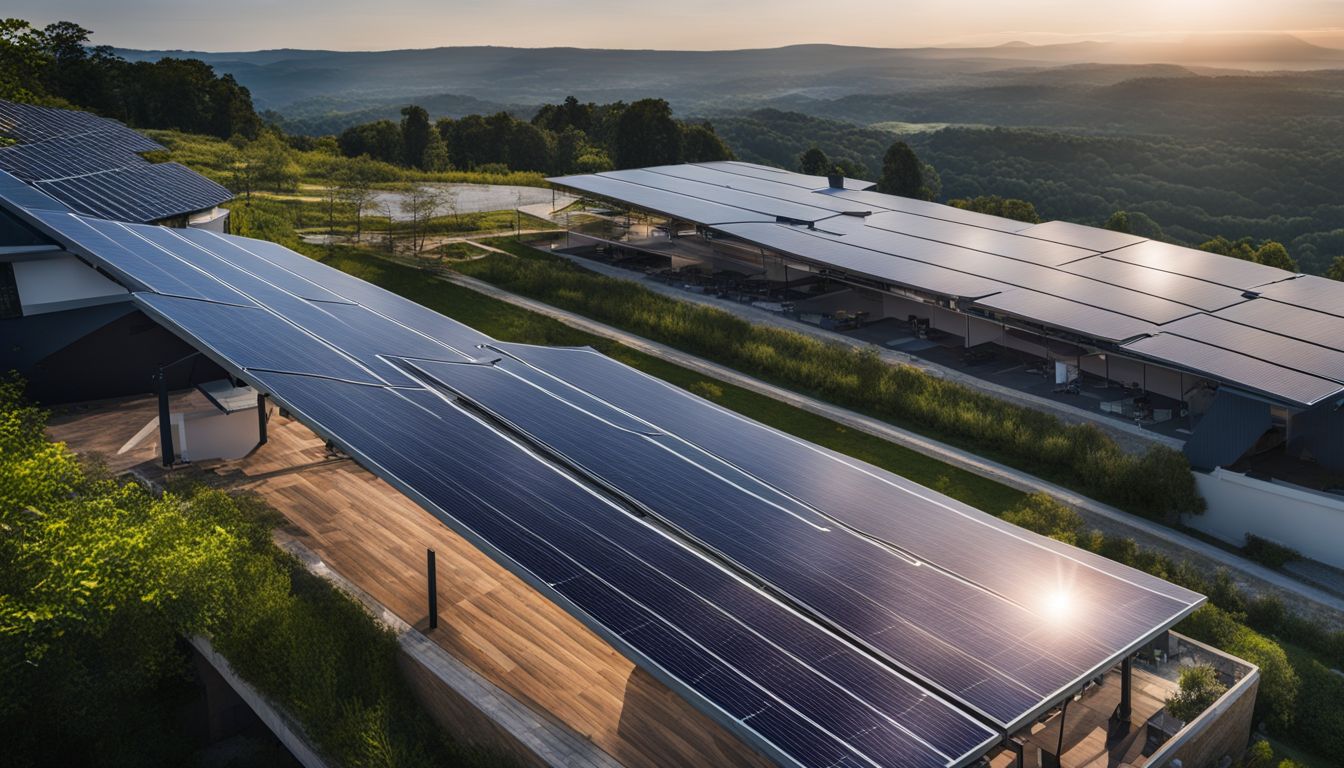
The quality of solar panels, the installation process, and climate conditions all play a significant role in determining the lifespan of solar panels. These factors can impact efficiency and durability, ultimately affecting the long-term performance of the system.
Regular maintenance checks and partnering with a reputable solar provider are essential to extending the life of your solar panels.
https://www.youtube.com/watch?v=gBVB7enEF-U
Quality of Panels
Good solar panels can last a long time. They are often made well and can stand up to the sun, rain, and wind. If you buy panels from a trusted maker, they usually come with a warranty that lasts for 25 years.
This shows the company believes in its product.
The kind of materials used and how the panel is made also matter for how long it will work well. Panels that use strong silicon cells might cost more, but they work better for longer periods.
Always look at the warranty details before buying; this tells you about the panel's life span and reliability.
Installation Process
Getting solar panels up and running involves a crucial step: installation. A team of experts will come to your home, review the roof, and decide on the best way to lay out the panels.
They'll make sure each one is firmly mounted and angled correctly to catch as much sunlight as possible. Not only does good installation help your panels live longer, but it also makes them work better from day one.
The people who install your solar power system take care of everything. They connect all the wires and set up devices that change sunlight into electricity for your house to use. This includes adding inverters—either microinverters on each panel or a single inverter for the whole system.
The job has strict rules to follow so that everything works safely and smoothly. That's why picking experienced installers can really pay off in terms of how well your solar energy setup performs over time.
Climate
The weather can be tough on solar panels. Hot days, cold nights, and storms all test a panel's strength. Panels made to face these conditions last longer. In places with lots of sun and heat, panels might wear out faster.
This is called the degradation rate.
Taking care of your solar panels helps them deal with the weather better. A panel in a place with harsh weather needs more checks and cleaning to stay strong. If you keep them in good shape, they can keep making energy for many years.
How to Extend the Life of Solar Panels
Regular maintenance is essential to ensure the longevity of solar panels, including routine cleaning and inspections to identify any issues. Partnering with a trustworthy solar provider can also help ensure proper installation and ongoing care for your solar system.
Want to learn more about how to extend the life of your solar panels? Keep reading for valuable insights and practical tips.
https://www.youtube.com/watch?v=PXk5AFH2LaY
Regular Maintenance
Keeping your solar panels clean and in good shape is key to making them last longer. You won't need a lot of tools or time to care for them. Experts suggest you clean your solar panels at least twice each year—once after all the leaves fall and again when winter ends.
This helps make sure they catch as much sunlight as possible.
Look out for dirt, dust, or other things that might block the sun from hitting the panels well. Gentle soap and water can do wonders without harming the equipment. Always check with your provider about the best way to look after your system so it stays strong through years of turning sunlight into power for your home.
Partnering with a Trustworthy Solar Provider
Choosing the right solar provider is key to getting the most from your panels. You want a company that stands by its products. Look for providers who offer long warranties, like those guaranteeing performance for 25–30 years.
This shows they trust their solar panels to last and keep working well.
A good solar partner doesn't just sell you panels; they help with everything else too. They make sure your system gets set up right so it works best for longer. And if harsh weather hits or something breaks, they're there to fix things fast.
Their expertise can be a big help in keeping your renewable energy source strong through the years.
Economic Considerations of Solar Panel Lifespan
Can a 5 kW solar system run a geyser? Find out how the lifespan of solar panels can impact your energy production and economic returns. Read on to learn more about the financial implications of solar panel longevity.
Can a 5 kW solar system run a geyser?
A 5 kW solar system has enough power to run a geyser. This means hot water for your home, even on cloudy days. Solar panels work well with geysers, making them a smart choice if you want clean energy and lower bills.
You get many years of use from both the solar system and the geyser when they're looked after right—up to 20 or even 30 years. So going solar can be good for your pocket in the long term, too!
When to Replace Solar Panels
Solar panels should be replaced when their energy production significantly declines, typically after 25–30 years of use. Factors such as damaged or malfunctioning panels, decreased efficiency, and outdated technology can indicate the need for replacement.
- Decreased Efficiency: When solar panels start producing noticeably less electricity than before, it may be time to consider a replacement. This decline in efficiency could result from ageing panels or degradation caused by environmental factors.
- Physical Damage: If the solar panels have sustained physical damage from extreme weather conditions, impact, or wear and tear over time, it may affect their performance and warrant replacement.
- Outdated Technology: Advancements in solar panel technology lead to improved efficiency and performance. Outdated panels can be replaced with newer models to maximise energy generation.
- Manufacturing Defects: In some cases, manufacturing defects may cause premature deterioration of the panels. Monitoring performance and addressing any unusual drops in energy production can help identify potential defects that necessitate replacement.
- System Maintenance Costs: As solar panels age, maintenance costs may increase due to frequent repairs and component replacements. At a certain point, the accumulated maintenance expenses might make replacing the system more cost-effective than continued upkeep.
- End of Warranty Period: Once the manufacturer's warranty period expires, considering an upgrade or replacement is advisable for maintaining optimal energy output and system reliability.
Conclusion
In conclusion, solar panels have a typical lifespan of 25 to 30 years, while some high-quality ones can last up to 50 years. The key to extending their life is proper installation and regular maintenance.
With warranties in place for at least 25 years, solar panels are designed as a reliable and cost-effective long-term investment for sustainable energy solutions. Regular maintenance and working with reputable installers can further extend their lifespan.
For detailed insights on whether a 5 kW solar system can power a geyser, please read our comprehensive guide here.
FAQs
1. What's the life expectancy of solar panels?
Solar panels typically last about 25 to 30 years. That's a long time! The National Renewable Energy Laboratory (NREL) does lots of research and says that most panels still work great even after that many years.
2. Do harsh weather conditions affect my solar panel systems?
Yes, tough weather can impact how long your solar panels last, but thanks to strong industry standards, they're built to survive extreme heat and other rough conditions. Plus, with proper maintenance like regular cleaning, they'll keep going strong for ages.
3. Can I get help paying for my new solar system?
Sure thing! There are some nice perks, like tax credits and solar incentives, in place to make buying your own system easier on your wallet. These may include federal tax credit options or rebates from local utility companies.
4. Is there a way I can store energy when my photovoltaic panels make more than I use?
Absolutely! You can pair up your PV modules with battery storage or maybe explore net metering, where you send extra power back into the national grid and get credit for it.
5. How do I keep my rooftop solar working well over the years?
Simple things like periodic inspections, keeping them clean, and checking on your inverter are key steps in looking after them so they produce good power generation year-round without trouble.
6. What happens to old photovoltaic modules when they're not used anymore?
We don't just throw them away—there's a process called photovoltaic recycling where valuable bits like copper and silver are taken out, so we cut down on waste while caring for our health and reducing our carbon footprint too!
